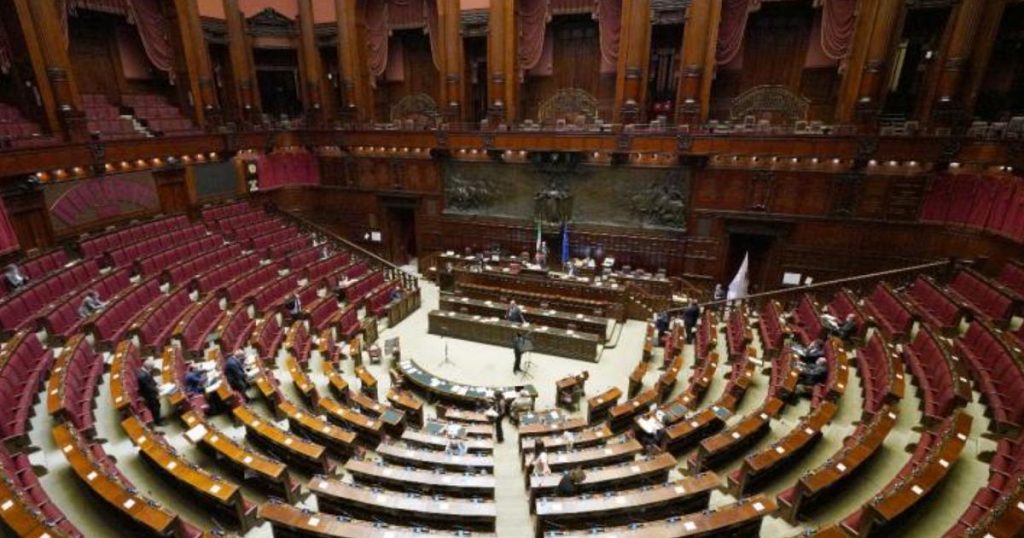The President of the Republic of Italy, Sergio Mattarella, has signed the budget plan. The text is expected to be presented to Parliament soon. The rush to propose amendments has already begun, while there is anticipation for the document to be deposited in the Chamber after passing through the Quirinale. However, it is believed by many in the majority parties that some adjustments are still being made to the document. The postponement of the planned press conference by Prime Minister Giorgia Meloni, officially attributed to the absence of Deputy Prime Minister Antonio Tajani due to a G7 meeting, is also seen as related to the delayed arrival of the budget law in Parliament. There are speculations that the postponement may have been influenced by the ongoing confrontation with the judiciary, a topic that could have dominated the entire press conference.
Discussions and possible modifications of the budget law encompass a range of topics from healthcare to Bitcoin, from family to construction bonuses. Among the issues being debated is the potential introduction of a tax incentive for companies that reinvest 30% of their profits in technology, productivity, welfare, and training. There are concerns about the lack of investment courage, as highlighted by industry leaders. Changes are also anticipated in the area of pensions, with plans to increase the minimum pensions in 2025 and introduce the use of supplementary funds for those who have not reached the required pension amount through the standard contributory system. The debate continues over the funding sources for these measures, with labor unions expressing concerns about the government’s priorities.
The biennial agreement, which the government hopes to use to expand the scope of the budget plan, is progressing slowly. Unresolved issues include the contribution of banking institutions, the cap on salaries for public and private sector executives who receive state subsidies, and the potential adjustments to these measures. Minister of Economy Giancarlo Giorgetti announced that the reduction in labor taxes will be extended to an additional 1.3 million workers in the 2025 budget. He also introduced a new benefit of up to 5,000 euros to reimburse relocation expenses for workers. However, concerns have been raised by real estate associations regarding potential cuts and complications that could affect existing tax incentives for over a quarter of a century.
The debate intensifies over healthcare spending, with opposition parties contesting the premier’s claims of record allocations to the National Health Fund. There are disagreements over the actual increase in funding and whether it is adequate to address the needs of the healthcare system. The Democratic Party has criticized the delays in presenting concrete measures for growth and employment, while the government emphasizes the need to adhere to technical procedures and timing to ensure a streamlined review of the budget law. The government aims to avoid a repeat of last year’s scenario, where zero amendments led to lengthy delays in the budget review process in Parliament, by encouraging a limited number of proposals for a more efficient examination.
In conclusion, the debate over the budget plan in Italy reflects the complex interplay between political priorities, economic challenges, and social demands. The government’s efforts to balance fiscal discipline with social welfare concerns and economic growth aspirations are met with differing perspectives from various stakeholders. As the budget plan progresses through Parliament, the discussions and negotiations surrounding the proposed measures will continue to shape the future direction of Italy’s economic and social policies. The urgency to address pressing issues such as healthcare funding, pension reform, and tax incentives underscores the need for a comprehensive and sustainable approach to budget planning and implementation. It remains to be seen how the government will navigate these challenges and secure broad support for its budget proposals.


